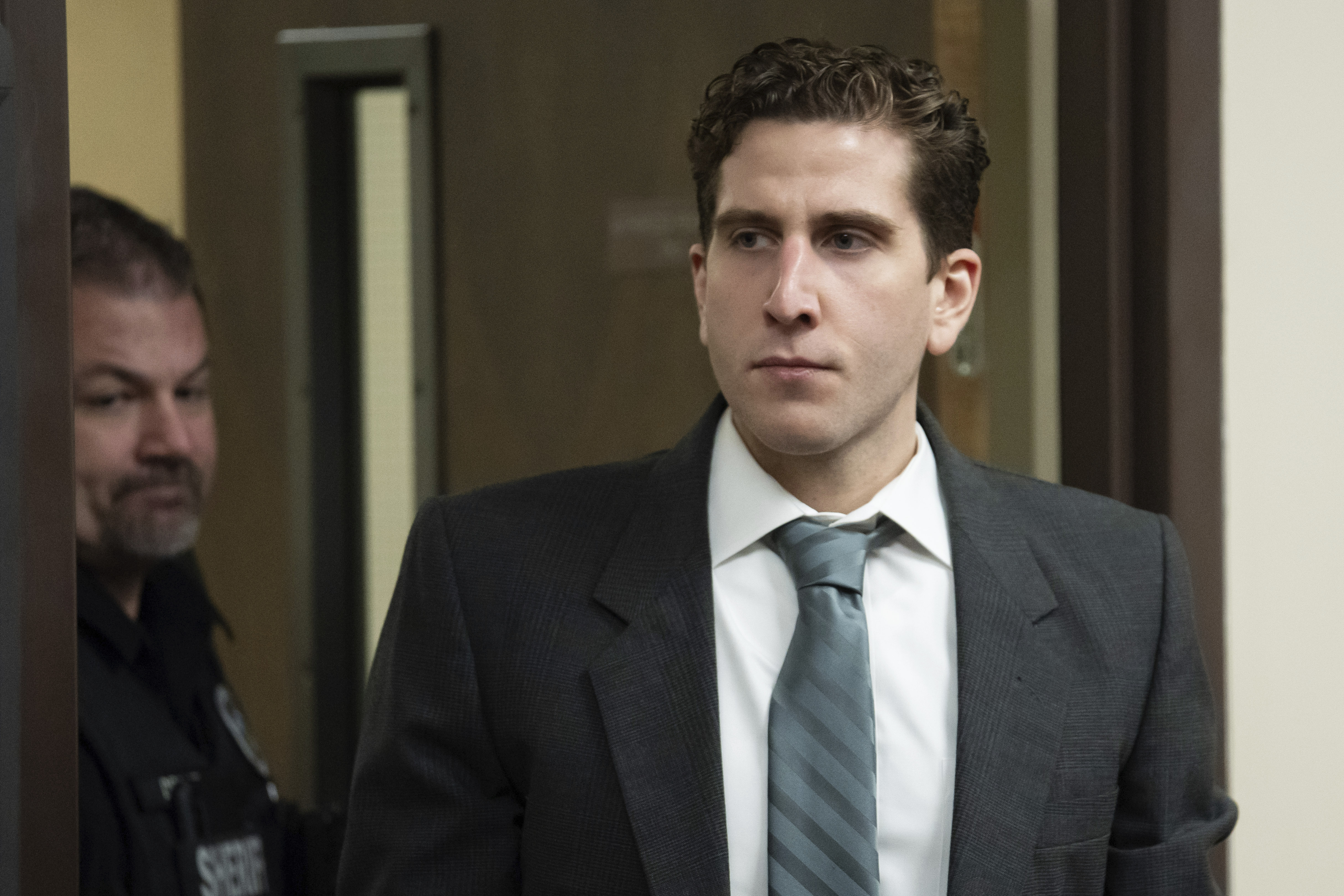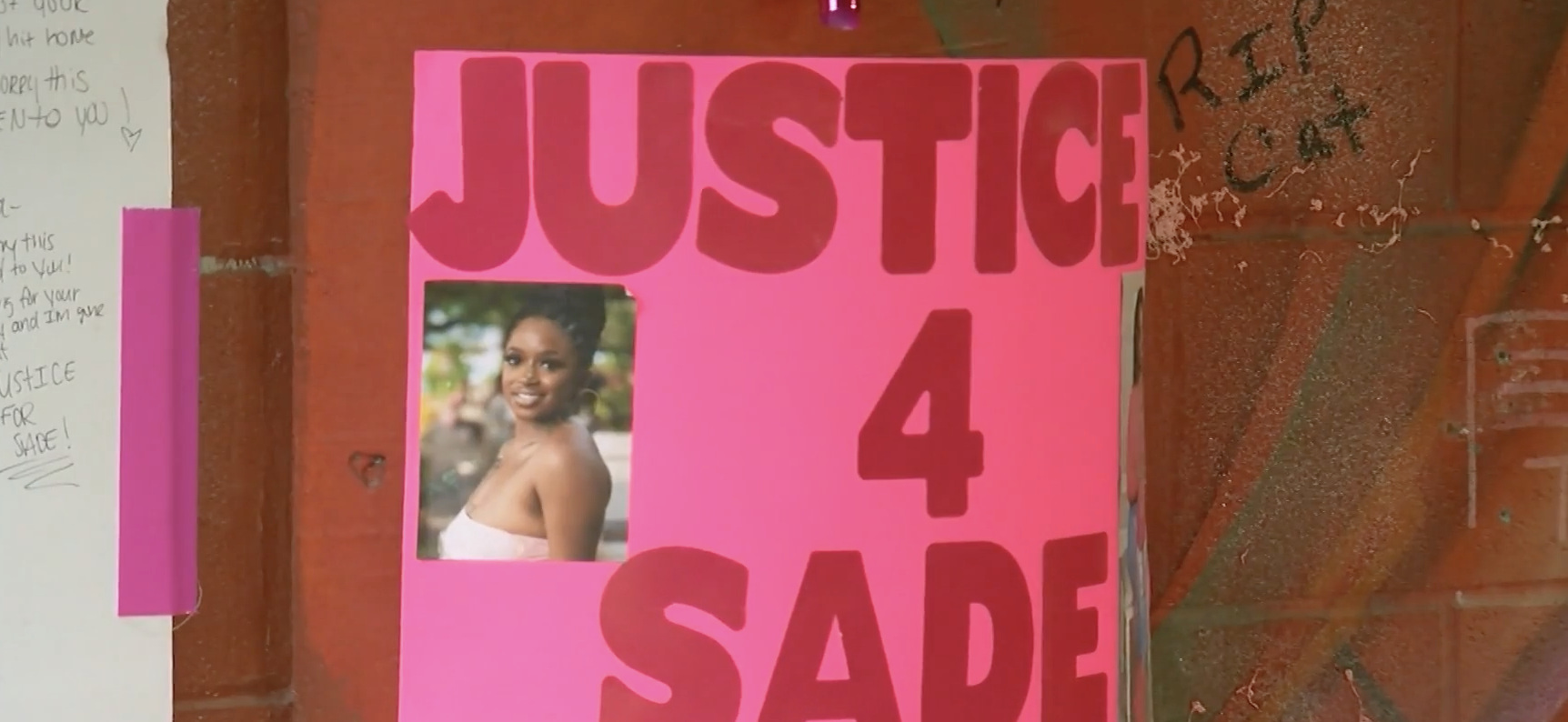What to Know
- The lane-closing trial has included descriptions of profane tirades, physical threats, petty infighting and a disregard for ethics
- The tough-guy posturing has seemed like something out of the New Jersey-based series "The Sopranos"
- Witnesses testimony gave credence to Gov. Christie's critics' view of him as an unrepentant bully
Jurors concluded their first full day of deliberations in the George Washington Bridge lane-closing case Tuesday without reaching a verdict, but not without causing some heated exchanges between lawyers for both sides.
The panel's questions reflected a possible division over the indictment's top two counts - whether Christie's former deputy chief of staff and his top appointee to the authority that runs the bridge conspired and then put into action a scheme to punish a mayor for not endorsing Christie in 2013.
Jurors asked whether they could convict Bridget Kelly and Bill Baroni of deliberately causing traffic jams if they acquit them of conspiring to do so. They also asked about the nature of the conspiracy charge and the alleged political retaliation motive behind it.
The question of motive has underscored much of the trial.
Defense attorneys had argued before the judge issued jury instructions last week that the government based its entire case on demonstrating that the two conspired to punish Fort Lee Mayor Mark Sokolich, and that if jurors didn't believe that they could acquit them.
Prosecutors argued the motive wasn't part of the charge and that they didn't have the burden of proving it. U.S. District Judge Susan Wigenton agreed.
U.S. & World
When Wigenton said Tuesday she would respond to the jury's question by saying they could convict without necessarily believing the motive was proved, Kelly's attorney Michael Critchley told the judge: "By answering that way, you're directing a verdict of guilty."
A few minutes later, he slumped back in his chair and shook his head, earning a sharp rebuke from Wigenton.
Earlier, a prosecutor objected that Critchley had gotten so loud during his argument over the point that jurors could hear him in the adjacent room.
Kelly was Christie's deputy chief of staff and Baroni was a top-level Christie appointee to the Port Authority of New York and New Jersey, the agency that operates the bridge.
Both defendants testified they believed former Port Authority official David Wildstein when he said reducing three access lanes to one between Fort Lee and the bridge connecting New Jersey and New York was part of a legitimate traffic study. The lane closures plunged into gridlock for four days in September 2013.
Baroni and Kelly were charged in a nine-count indictment last year with conspiracy, misapplying the property of the Port Authority, wire fraud and deprivation of civil rights. The most serious charge carries a 20-year maximum prison sentence. Wildstein pleaded guilty and testified against them.
Christie wasn't charged and has denied knowledge of the lane closures until weeks after they occurred. But Kelly, Wildstein and Baroni all testified during the trial that he knew before and while they were in progress.



